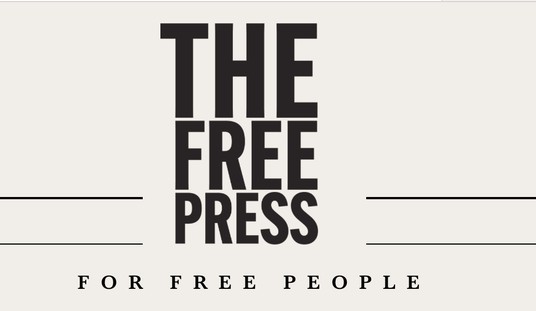The man most disappointed in Barack Obama’s broken promise to have health-care reform negotiations televised on C-SPAN is, predictably, the man in charge of C-SPAN. CEO Brian Lamb wrote to leaders in Congress requesting that they open their negotiations on ObamaCare to the public as Obama and Congress pledged, and committed to clearing his broadcast schedule to carry it:
“The C-SPAN networks will commit the necessary resources to covering all of these sessions LIVE and in their entirety,” Lamb wrote. “We will also, as we willingly do each day, provide C-SPAN’s multi-camera coverage to any interested member of the Capitol Hill broadcast pool.”
Lamb reminded the leaders that “President Obama, Senate and House leaders, many of your rank-and-file members, and the nation’s editorial pages have all talked about the value of transparent discussions on reforming the nation’s health care system. Now that the process moves to the critical stage of reconciliation between the Chambers, we respectfully request that you allow the public full access, through television, to legislation that will affect the lives of every single American.”
Specifically, then-Sen. Obama said on the campaign trail that “we’ll have the negotiations televised on C-SPAN, so the people can see who is making arguments on behalf of their constituents and who is making arguments on behalf of the drug companies or the insurance companies.”
Well, that was back when transparency sounded good, when it was purely theoretical. Apparently it’s still theoretical, as Jake Tapper discovered when he interviewed White House press secretary Robert Gibbs on Sunday’s This Week. Tapper wondered whether Obama would commit to fulfilling the pledge that Lamb highlights in his letter, and discovered that the Obama administration has a strange notion of transparency in action (emphases mine):
So, with that in mind, when I substitute-anchored This Week with George Stephanopoulos last month, I asked White House press secretary Robert Gibbs if president would take this final opportunity to open up the doors for this last negotiation. After all, the president will be in charge of it and it will be taking place at the West Wing.
Gibbs’ response: “Well, Jake, first of all, let’s take a step back and understand that this is a process legislatively that has played out over the course of nine months. There have been a countless number of public hearings. The Senate did a lot of their voting at 1:00 and 2:00 in the morning on C-SPAN. A lot of this debate — I think what the president promised and pledged was so that you could see who was fighting for their constituents and who was fighting for drug and insurance companies…”
But he was talking about negotiations, not voting, I interrupted. About the bill being put together.
“Well, but the bill gets put together on the floor of the Senate,” Gibbs said. “That’s where the bill got augmented. And I think if you watched that debate — I don’t know — I wasn’t up at 1:00 or 2:00 in the morning for a lot of those votes, but I think if the American public had watched — has watched the committee process play out in both the House and the Senate, watched the process play out on both the floor and the — the floor of the House and the floor of the Senate, you’d have seen quite a bit of public hearing and public airing, and I think quite frankly, people have a pretty good sense of who is battling on behalf of thousands of lobbyists that are trying to protect drugs profits and insurance profits, and who’s fighting on behalf of middle-class Americans hoping once and for all to have access to affordable insurance and removing insurance company restrictions like discriminating against people that are sick.”
Full transparency means moving legislation in the dead of night, when even the White House sleeps? Hey, Robert — most of us weren’t up for those 2 am votes, either, which was the point of holding them at that time.
Furthermore, Gibbs’ reliance on the “committee process” is nothing short of laughable. In the Senate, the final version didn’t come out of a committee at all. Harry Reid put it together while huddled away from the C-SPAN cameras, doling out hundreds of millions of dollars in favors to buy votes from fellow Democrats. The version that did come out of committee, the short-lived Baucus plan, didn’t even exist in legislative language. It was in memorandum form when the Finance Committee voted on it, after which it died quickly. It was nothing more than a sleight-of-hand arranged by Democrats as a trial balloon.
This, then, is transparency as defined by Democrats: votes in the dead of night, committee processes that produce strawman bills, and Senators scurrying from camera lenses to dole out favors and cash to one another.







Join the conversation as a VIP Member